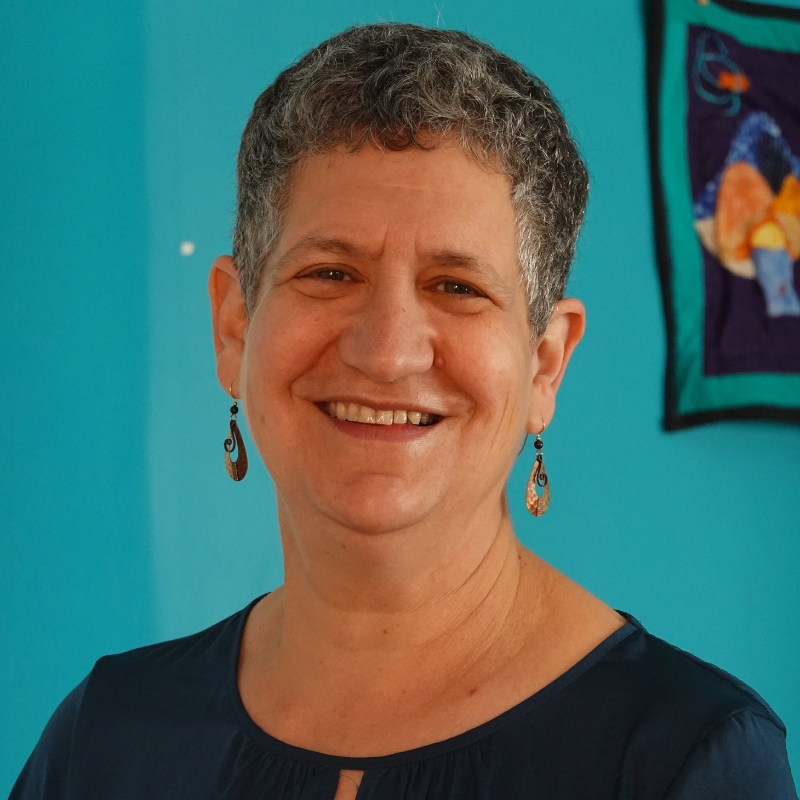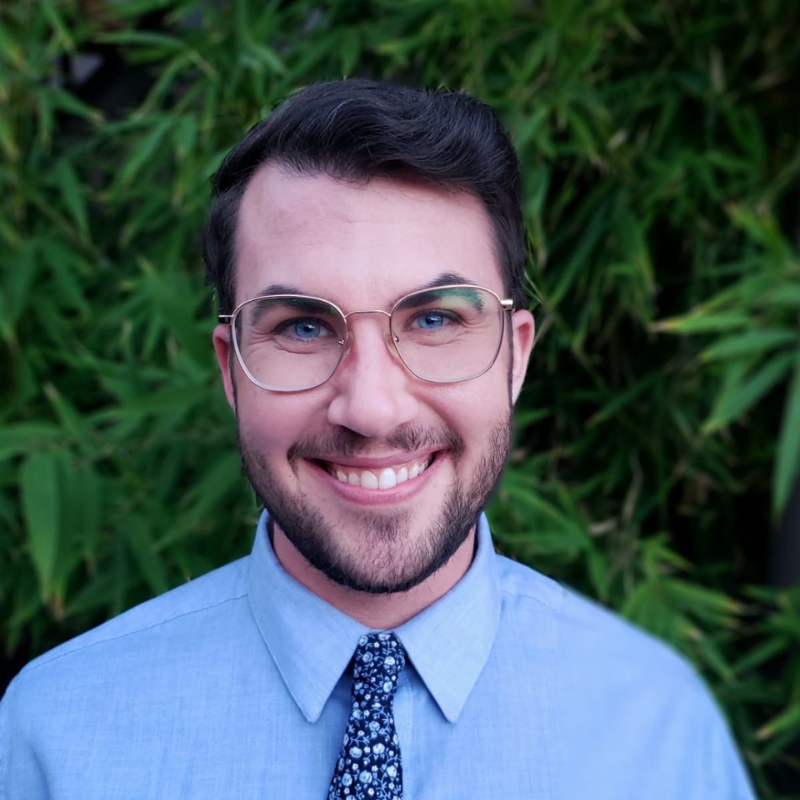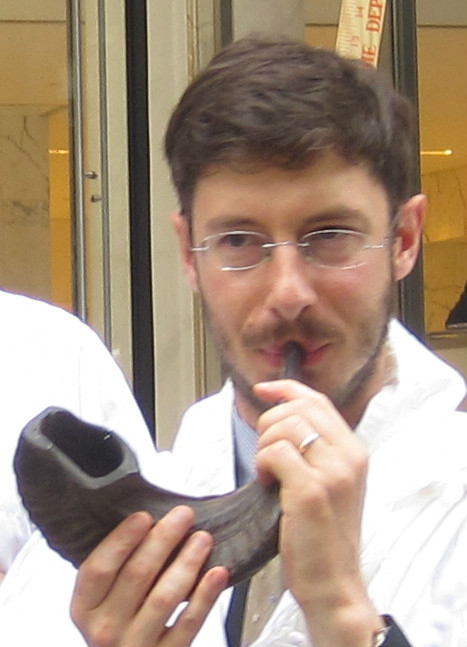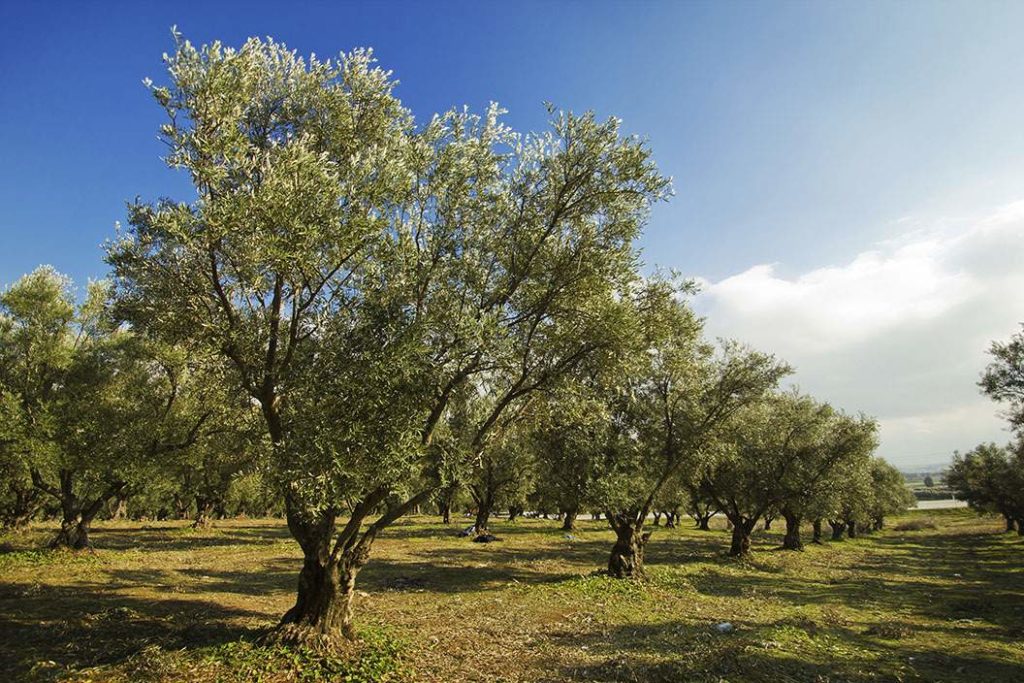Can the Israeli Occupation Be Just? A T’ruah Year-in-Israel Program Screening of “The Law in These Parts”
Join the T’ruah Israel Program for a special film screening of “The Law In These Parts,” the award-winning Israeli documentary film. RSVP via the link to guarantee a spot. Room is limited. Free vegetarian kosher dinner is included! The film presents interviews former Israeli Supreme Court Justices and other top jurists who crafted the Israeli occupation’s legal infrastructure in...
read more

Pesach: No One Is Free Until All Are Free
How can we take on our own “marking of the doorposts” for this moment? What am I prepared to do, or say, to help bring this cursed war to an end? How might I “mark” myself as someone committed to the collective liberation of Palestinians and Israelis?
read more

Emor: Peace Has No Sides
The path of peace is not an easy one; it cuts through the binary of right or wrong, victim or oppressor, hero or villain, us or them. The path of peace does not choose favorites, does not leverage one over another, does not create hierarchies. The path of peace has no sides.
read more

Id, Superego, and Israel
Parshat Sh’lach seems, at first glance, to have two totally disconnected halves. Part one is the story of the twelve scouts whom Moses sent to Canaan and their sin that led God to decree 40 years of desert wandering. Part two is a series of laws about sacrifices, tithing, repentance, and wearing tzitzit. But a...
read more

To Change Or Be Unchanged
When we tell others the stories of our lives, we often find ourselves spicing up the narrative a bit as we tell and retell the story. It’s only human to exaggerate a bit, especially if our audiences don’t seem to be giving the stories the attention we feel that they deserve. Our additions add an...
read more

A Shemoneh-Esreh for Israel
In 2016/5776, T’ruah gathered in front of the Israeli Consulate in New York City to celebrate Yom HaAtzma’ut. The core of the service was a series of 19 blessings for the State of Israel, modeled on the weekday Amidah that Jews traditionally recite three times a day. Each blessing was written by a rabbi, cantor, or...
read more

Finding the Roots of Our Neighbor’s Home
The al-Walaja olive tree is one of the oldest trees in the world... Today, as it bears fruit for this generation of residents, it also bears witness to the State of Israel demolishing the homes of some of those residents.
read more
